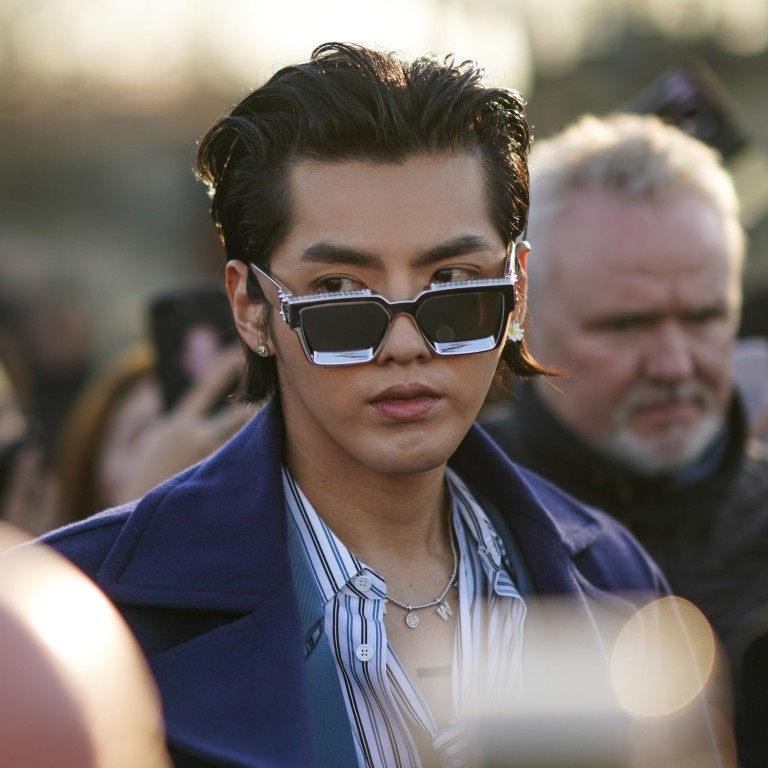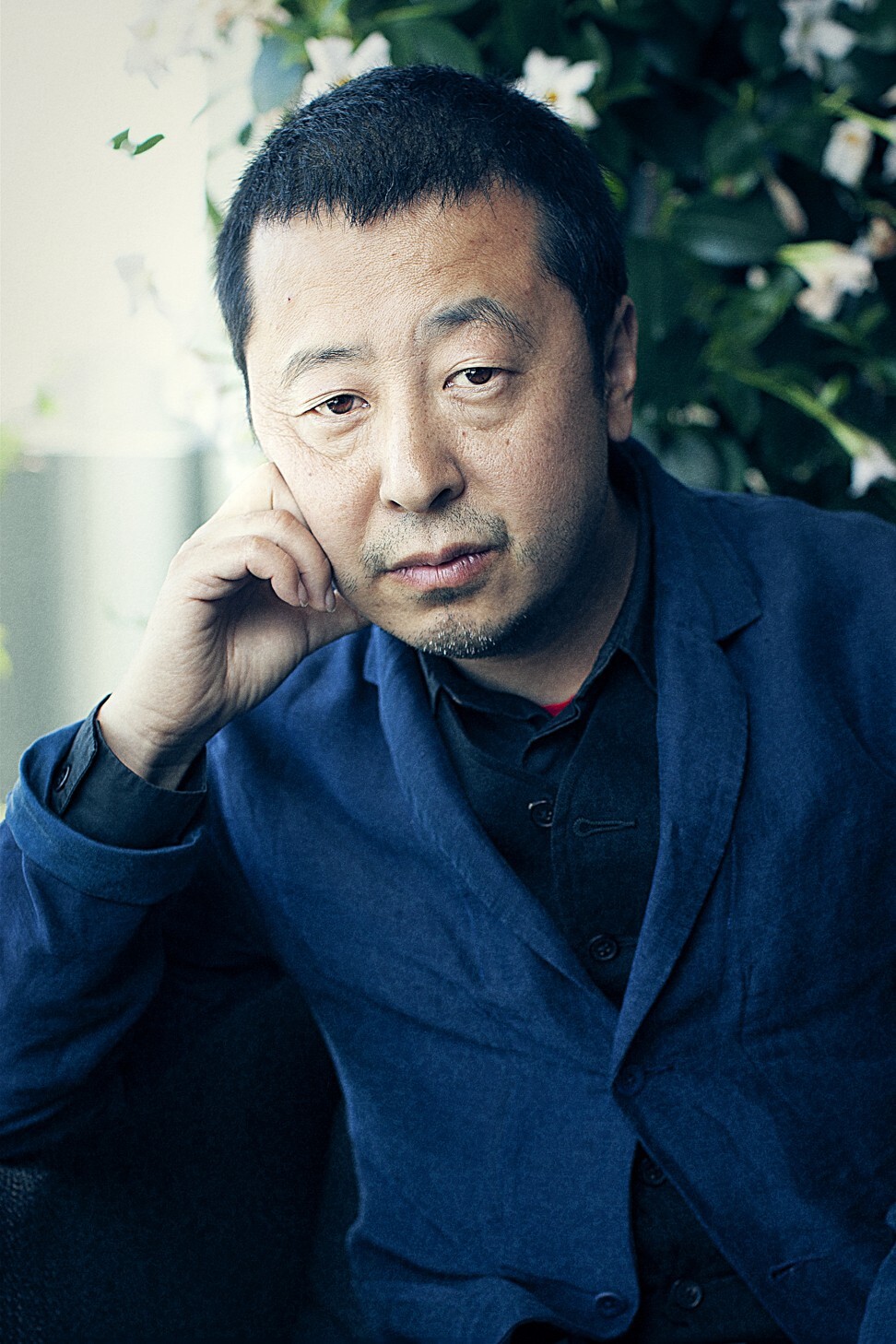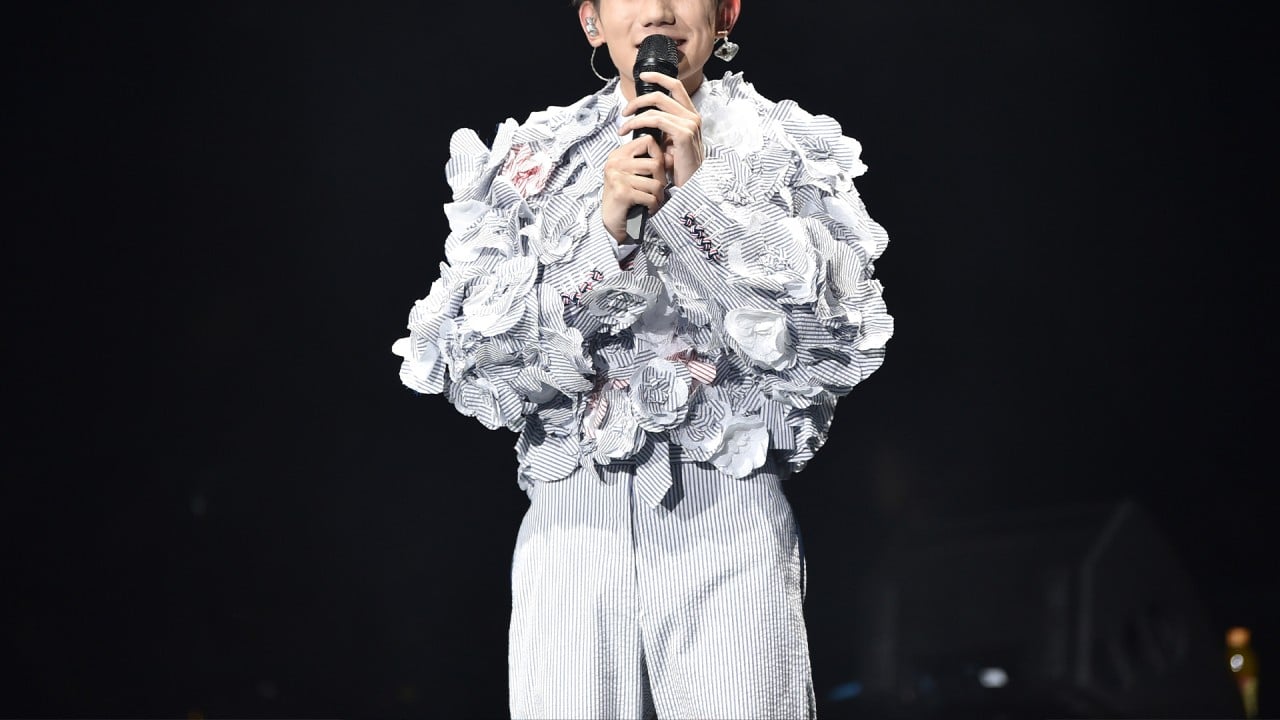
Licence to act: Chinese entertainment executive suggests mandatory training for film and television amid government crackdown
- Zhang Haijun said actors and actresses should take mandatory courses on Chinese law and morals
- But one of China’s top directors said the idea would smother creativity and ruin projects
One of China’s most famous directors called a suggestion by an entertainment industry executive to force celebrities to pass knowledge exams impractical.

The idea was viewed 450 million times on Weibo, and it has 36,000 comments as of Wednesday night.
Jia Zhangke, a titan of Chinese film, said those rules would have prevented him from hiring Han Sanming to lead the film Still Life, which won the Golden Lion Award for Best Film at the 2006 Venice Film Festival.
“I thought Han was suitable for my film Still Life, but if there had been this industry entrance system, we could not have hired him,” said Jia.
Han, who won the Best Actor award at the Chile International Film festival for his portrayal of a miner in Still Life, worked as a miner before his cousin cast him for the film.
“Films differ from each other and we need different types of performers,” Jia continued. “For some roles, we can select among professionals, but for other roles, ordinary people could be a better choice.”

The director argued that celebrities could be regulated by laws and moral standards rather than a licensing system, which he said would waste government resources.
The debate was sparked by a sweeping crackdown in the Chinese entertainment industry over the past few months. Several of the country’s most famous celebrities and a handful of less popular entertainers were punished for their behaviour.
Kris Wu, a Chinese-Canadian singer, was charged with rape in mid-August after a slew of women accused him of date rape.
Zheng Shuang, who was denounced this past winter for abandoning two children born to surrogate mothers abroad, was fined 299 million yuan (US$46.2 million) for tax evasion in August.

03:20
China calls for boycott of ‘sissy idols’ and ‘overly entertaining’ stars
Up and coming actor Zhang Zhehan was blacklisted after a photo of him at Japan’s Yasukuni Shrine in 2018 emerged on the internet.
The Yasukuni Shrine is dedicated to Japanese soldiers who fought in the country’s wars, including convicted war criminals, and it has become a flashpoint between Japan and its Asian neighbours.
Local governments have tried to step in to offer avenues for celebrities to “improve their behaviour”. This month, the municipal Communist Party Committee’s propaganda department held an ethics training session in Shanghai.
A similar session was held in Beijing in July and included dozens of celebrities. It covered topics like ethics, Chinese law and the history of the Communist Party.

